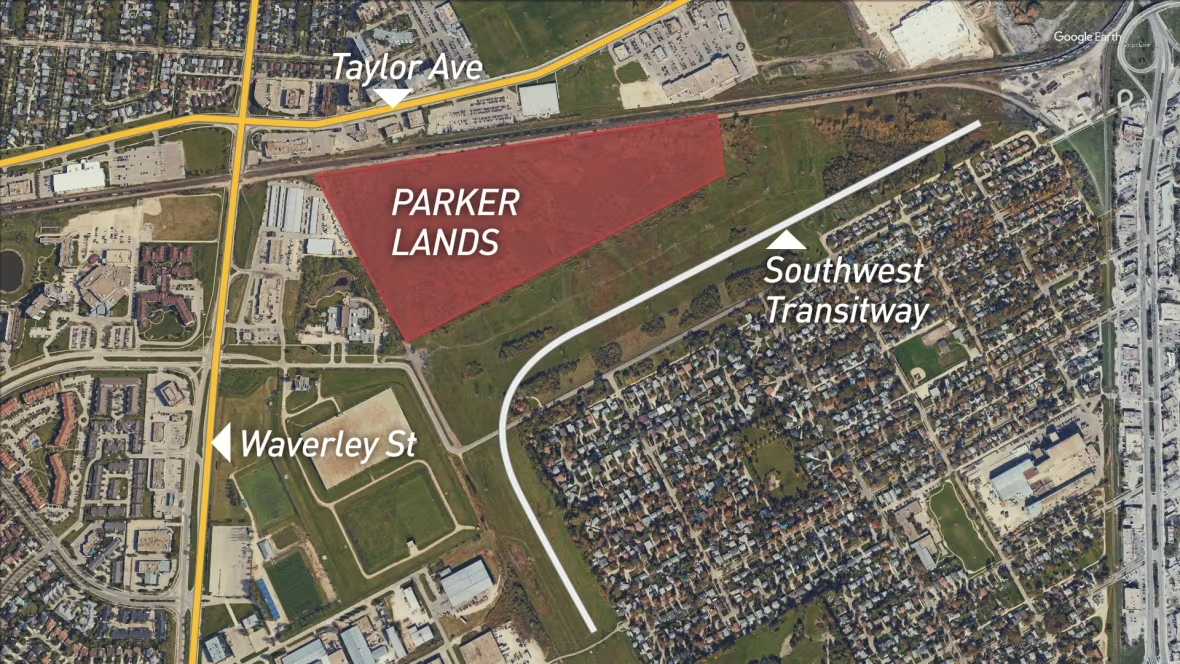What kind of mayor will Brian Bowman be since he's not running for re-election?
As last two years of his political life begins, Bowman could heal some wounds or pour salt in them

"A week in politics is a long time," Harold Wilson once said. Imagine what the '60s-era British prime minister might have thought of an incumbent vowing not to run two full years before the next election.
That's the door Winnipeg Mayor Brian Bowman opened after declaring on Friday he will not seek re-election.
Will it unleash the hounds of politics, as those hoping to get the key to the mayor's office elbow and jockey toward the prize? In that environment, what kind of mayor will Brian Bowman be, now that he is no longer chained to the future of another run for office?
He has a legacy that bounces around, but gets the highest marks for no scandals rivaling those of his predecessor and for relentlessly trying to clean up the image of the city's government.
Clean-up job
Brian Bowman took office at a time when the city of Winnipeg was looking for some type of a cleanse.
The previous administration of mayor Sam Katz left a wake of questions about land swap deals (for example, when they built a fire hall on land they didn't own), and a police headquarters building mired in cost overruns, police investigations and ongoing repairs.
Bowman pledged more accountability and open government.
That he has only partially succeeded on the accountability side is a circumstance not really of his making. The provincial Progressive Conservative government chose not to call a inquiry into city real-estate transactions and contracts.
It is unclear — and perhaps Winnipeggers will never know — what kind of civic government would have emerged from the take-no-prisoners sort of focus that comes from an inquiry.
Premier Brian Pallister wasn't interested in finding out.
Legal wrangling
Bowman should be credited for being dogged on the file, choosing to pursue the police HQ debacle through the courts when an inquiry never materialized.
Hopefully this legal action will be more successful for Winnipeg (and its taxpayers) than recent efforts. Court challenges of the city's efforts to thwart a housing development in the area known as the Parker lands have ended with continual losses.

Similarly the city has lost arbitration on police pensions and a legal fight over how it chose to levy growth fees on developers.
The losses themselves are not Bowman's fault (though they will remain part of his legacy), but show where Bowman — a lawyer himself — fell victim to advice or opinion around him and suffered the consequences.
Bowman's successes
On the political side, Bowman can point to some success in keeping to a promise of a consistent level of taxation (2.33 per cent per year) dedicated to roads and infrastructure repairs.
The criticism on the other side of the tax policy was he stuck doggedly to it, as the city's infrastructure — crumbling under decades of underfunding and neglect — needed more than the city was putting in toward it.
Even though the city lost the court fight over growth fees, Bowman can be credited for championing the cause of a more balanced relationship on costs for suburban expansion.
His promise to open up Portage and Main to pedestrian traffic was a failure. Period. A plebiscite on the ballot in the 2018 election ended in rejection of the idea.
One file Bowman could never master was perhaps one few could have — a solid working relationship with the provincial government. Or more specifically, a working relationship with Premier Brian Pallister.
There is an almost head-scratching gulf between the two and a hint of disdain for Bowman among certain Tory circles. It's almost as if he would have had better luck as a left-of-centre politician than the moderate conservative he is.
As the last two years of Bowman's political life begins, he could be inclined to heal these wounds or pour salt in them. With no one to appease for election support, he could do either.
Perhaps he will leave the city with some sort of fixed transit plan, relaunch a growth fee and sort what Bowman defines as the unsustainable cost of policing.
Then there is COVID-19 —a treacherous path for all government leaders that has no map and ends with as-yet uncalculated financial damage.
That challenge alone could dominate a big part of Bowman's final 24 months.
Winds of politics will blow through last 2 years
Bowman's announcement of his intentions on Friday has certainly charged the political atmosphere in Winnipeg. The mayor's job can be at times thankless, all-consuming and deeply stressful.
There are many that will think hard about taking a run for it anyway.
CBC News spoke to four current members of city council late Friday after Bowman made his future plans known.
Of the four — Couns. Ross Eadie (Mynarski), Kevin Klein (Charleswood-Tuxedo-Westwood), Brian Mayes (St. Vital) and Sherri Rollins (Fort Rouge-East Fort Garry) — none would outright say they would not consider running.
There are many more with similar inclinations out there.
In the meantime Bowman wished faint praise on all who would seek to replace him.
He told reporters he was signaling his departure two years out so community leaders "can have conversations with their families" before considering running for his job.
He also said, "I think Manitoba has far too many career politicians." Who are those, one might wonder?
And who will the Mayor Bowman of the next two years be?